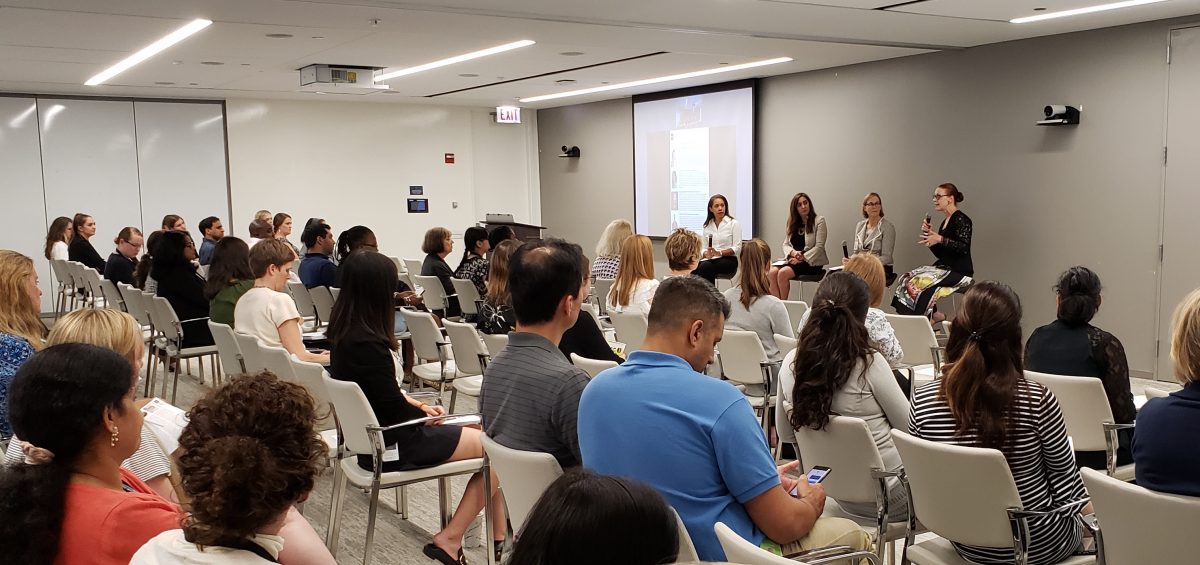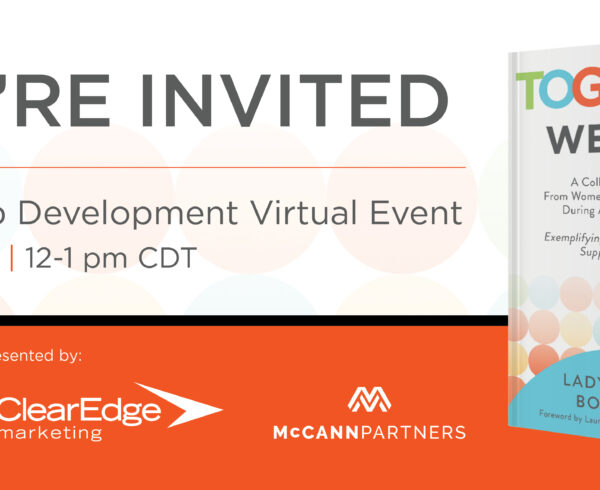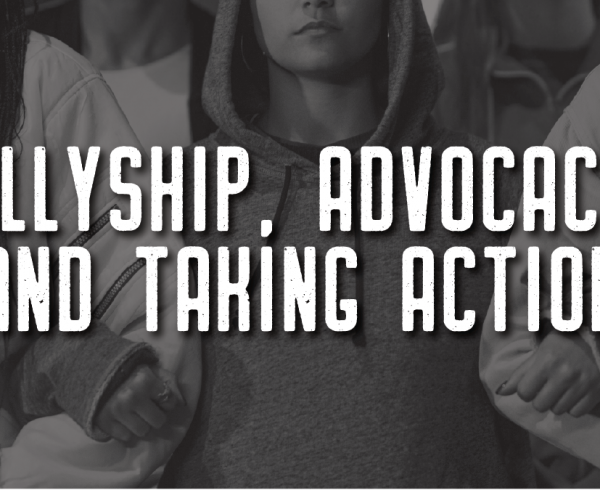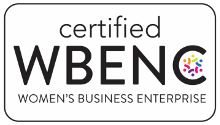On Wednesday, August 27, I was honored to be a part of an OCC Women’s Leadership panel featuring OCC’s Dana Earles, FVP, Treasurer, and Sheila Saegh Henretta, FVP, Deputy General Counsel, along with myself and Julia Bristow Briggs, Principle and Consultant of Smart to the Top. It was the third of a four-part panel series intended to inform, inspire, and spark conversation about women in the workplace.
More than 100 colleagues from OCC’s Dallas, Chicago, and Washington, D.C. offices participated in the discussion that focused on the importance of work/life balance, negotiating salaries, and other topics related to the evolving role of women in the workplace.
Below are a few of the key takeaways from our what was a very insightful and passionate discussion.
Negotiating Salary
- The median earnings for women are lower than men in nearly all occupations. The gap in base salary between men and women leads to increased inequality in total compensation, as many benefits (401K match, profit sharing, bonuses, raises, etc.) are based on a percentage of base salary.
- Negotiating your salary to reflect your value is important. Do your research about the median salaries in your field and position, be prepared and specific about your expectations, schedule the conversation with your leader at least two weeks in advance, and provide an agenda so the meeting objective is clear.

Photo by Amy Hirschi on Unsplash
Navigating Career
- You are the CEO of your career. While you should leverage resources like mentors, coaches, and your managers to support your journey, it is ultimately your responsibility to drive the results you wish to achieve.
- Don’t be afraid to ask for what you want. If you don’t ask, you don’t give someone the opportunity to say yes.
Balancing Work/life
- Achieving a healthy work/life balance is about accepting tradeoffs. You can’t be everywhere at one time, so find your support system and surround yourself with people who complement your strengths, appreciate the path you have taken, and want to support your success by helping you navigate your personal and professional responsibilities.
- Have conversations with your circle, including your children, about planning and coordination of schedules so you’re able to accommodate your personal life while still achieving success at work.
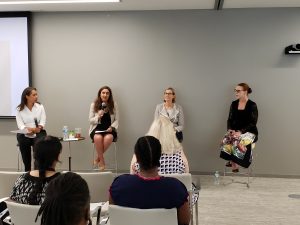 Supporting Employees
Supporting Employees
- Offer an open-door policy to talk about work/life balance. While certain work cultures allow for more flexibility, others may leverage episodic (or short-term) solutions to carry and support an employee through a challenging personal situation.
While there were so many impactful “nuggets” of wisdom shared throughout the panel presentation, these are a few that have stayed with us. We hope they may speak to you, as well. If you’re interested in OCC and what they have to offer potential employees, please check out the Careers section of their site, or share a question in the comments!
OCC is the world’s largest equity derivatives clearing organization, serving U.S. listed options, futures and securities lending markets. Our mission is to provide market participants with innovative, at-cost, risk management solutions. We recognize that our people are our greatest assets and pride ourselves on having an organization that is made up of individuals from various backgrounds, perspectives and experiences, including those who are traditionally underrepresented in the industry. OCC’s commitment to Diversity & Inclusion is derived from the belief that diversity of ideas, experiences, and perspectives enable us to solve tough problems, identify opportunities for growth, and unleash new capabilities that make a positive difference in the world.
This post is co-authored by Yemi Akisanya, OCC Director, Head of Diversity & Inclusion.

